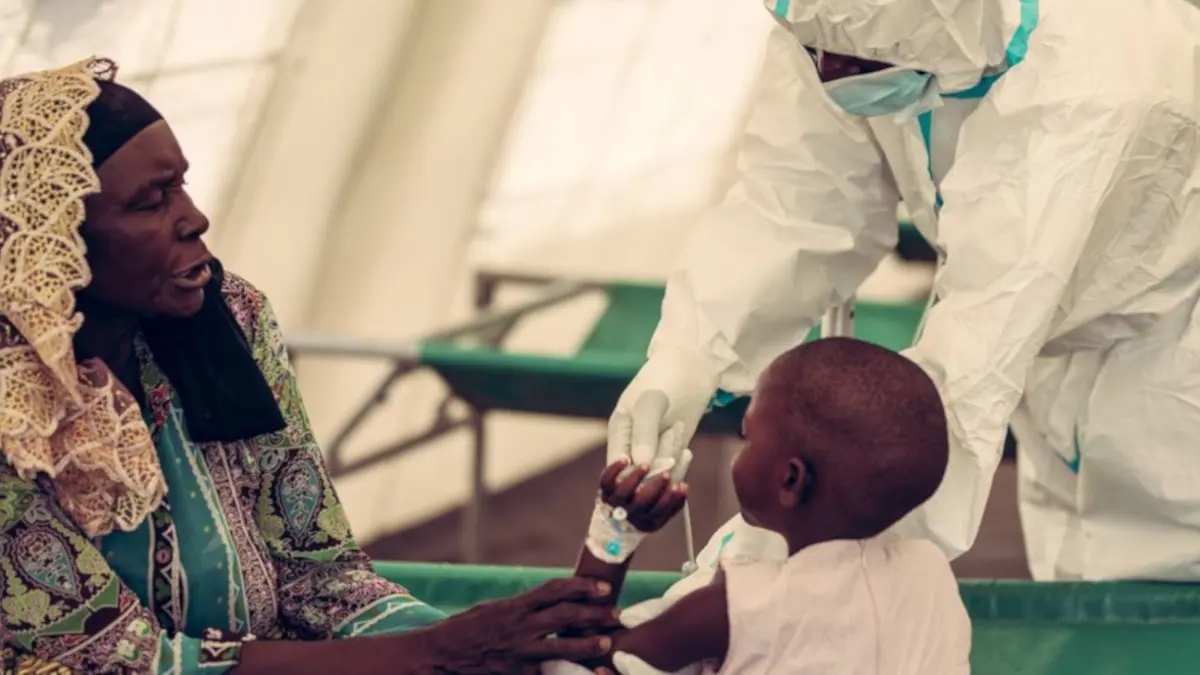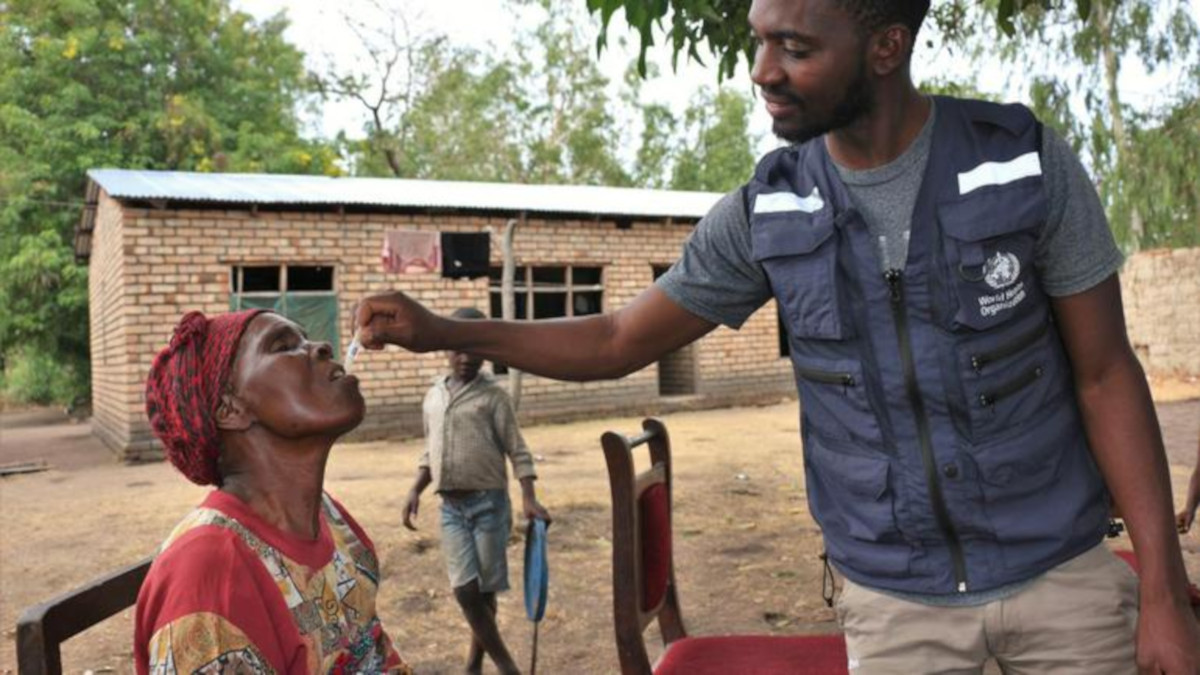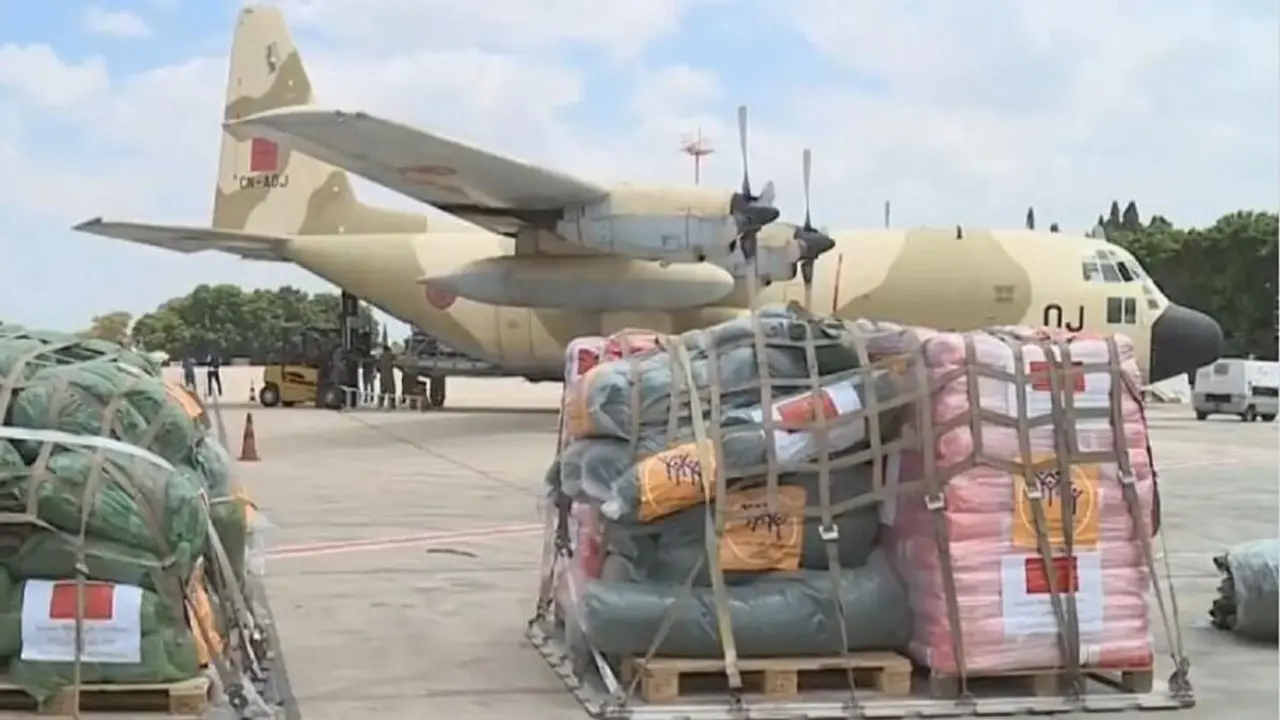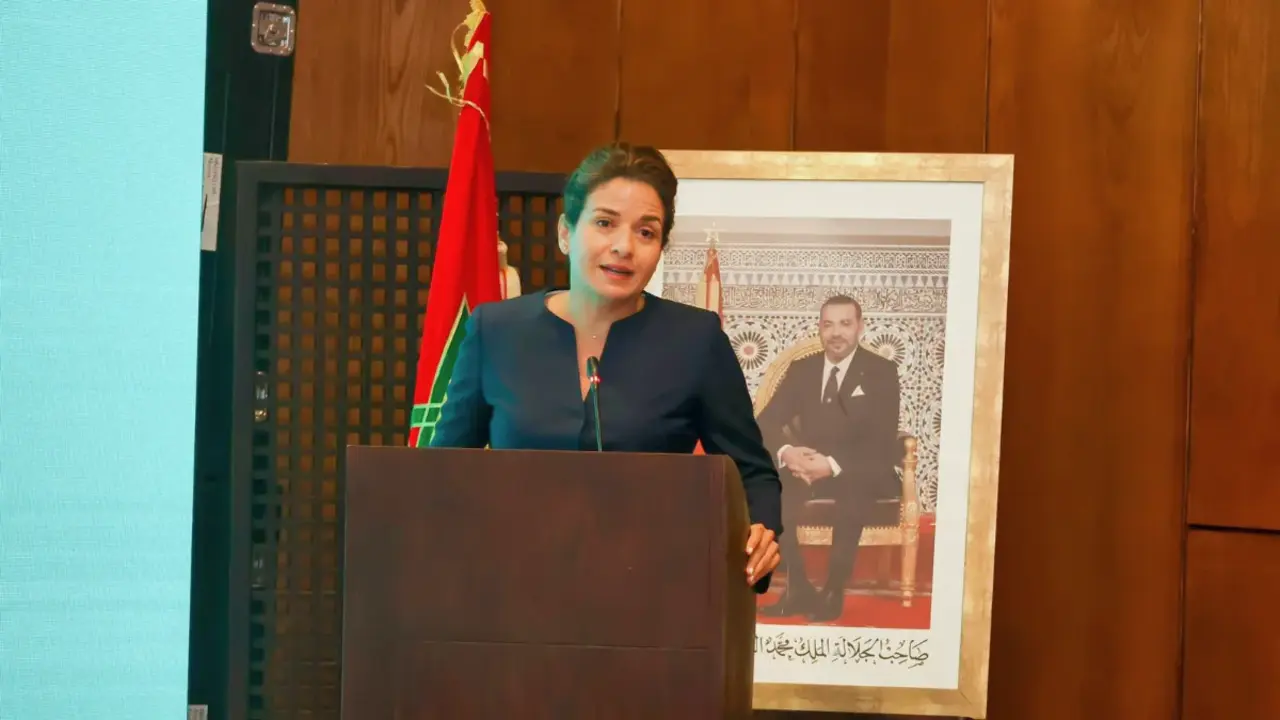The cholera epidemic is worsening globally

The disease, which is contracted through water or food contaminated with bacteria, is intensified by the effects of climate change. Fortunately, a new vaccine against the disease was approved this week.
The World Health Organisation (WHO) warned on Tuesday that the escalating cholera outbreak has worsened considerably around the world. The UN agency points to two factors: climate changes such as droughts and floods, and a glaring lack of funding to effectively combat the cholera outbreak.
Cholera cases continue to multiply
The WHO's alert comes after it classified the cholera resurgence as a category 3 emergency, its highest level, in January 2023.
"Since then, the situation has only worsened," Dr Philippe Barboza, WHO's head of cholera and diarrhoeal diseases, told a news conference in Geneva.
In recent years, cases have multiplied worldwide. Since the beginning of 2023, nearly 825,000 cases of cholera, including 5,900 deaths, have been reported in some 30 countries, according to a count conducted on 31 March 2024. In March 2024 alone, more than 25,000 new cholera cases were reported in 16 countries.
These figures confirm trends observed in recent years. In 2022, 473,000 cases were reported, twice as many as a year earlier. Preliminary data indicate that more than 700,000 cases will be reported in 2023.
Effects of droughts and floods in Africa
These figures are particularly alarming in the African and Eastern Mediterranean regions.
"WHO considers the current global risk of cholera to be very high and is responding urgently to reduce deaths and contain outbreaks in countries around the world," according to WHO experts.
Cholera, which is contracted by bacteria usually transmitted through contaminated food or water, causes diarrhoea and vomiting and can be dangerous for young children. According to the UN agency, the disease thrives in environments where sanitation and clean water are inadequate.
Unfortunately, the current climate crisis, characterised by frequent droughts and floods in East and Central African countries, creates an ideal situation for the spread of cholera epidemics. In March 2024 alone, Ethiopia and Zimbabwe recorded the highest number of cases, 4009 and 3588 respectively.

A new vaccine
"As the effects of climate change intensify, we can expect the situation to worsen if we do not act now to strengthen cholera prevention," say the organisation's experts.
Against this backdrop of concern, there is some positive news. As of 15 April, vaccine stocks stood at 2.3 million doses, certainly below the global target of five million doses, but at least the stockpile is no longer empty.
In addition, earlier this week, the WHO approved a simplified version of an oral cholera vaccine, which should allow the total production of these serums to be increased in response to the explosion in the number of cases worldwide.
The Euvichol-S vaccine is a simplified formulation of Euvichol-Plus, with fewer components, which should allow larger volumes to be produced more quickly, the WHO said on Friday after approving it. Both versions are produced by South Korea's EuBiologics group.
Criticism over lack of funds
Although the global supply of cholera vaccines between 2013 and 2023 has increased 18-fold, growing demand has created a global shortage.
"Safe water, sanitation and hygiene are the only long-term, sustainable solutions to end the cholera epidemic and prevent future outbreaks".
To cope with the explosion in the number of cases, the WHO has moved from recommending two doses of vaccine to just one. However, the WHO stresses that vaccines alone will not solve the problem.
For the World Health Organisation, "safe water, sanitation and hygiene are the only long-term, sustainable solutions to end the cholera epidemic and prevent future outbreaks".
This crisis is also severely hampered by a lack of funding. Since 2022, WHO has released $16 million from its emergency cholera funds.
Without an urgent increase in funding, WHO will stop providing essential support, putting more lives at risk in the 23 countries currently reporting outbreaks.







